
Radar | Sep 26,2021
The Biden administration has recently announced Ethiopia’s suspension from the African Growth and Opportunity Act (AGOA) along with two other African countries, citing “gross violations of internationally recognized human rights” as a cause for suspension.
AGOA aims to remove trade barriers and grant Sub-Saharan African countries unrestricted access to the U.S. market while incentivizing African governments to liberalize their domestic markets and expand freedom and opportunity to their citizens. Under the act, duty-free access to the U.S. market covers about 6,500 product tariff lines, including Clothing and footwear, a range of agricultural goods, wine, motor vehicle components, chemicals, steel, and many more commodities.
Since its enactment in 2000, AGOA has been at the core of U.S. economic and investment policy with sub-Saharan Africa. Before AGOA, U.S. dealings with Africa had been largely defined by Cold War calculations and donor-recipient relations through humanitarian and poverty alleviation assistance.
Ethiopia was among the top beneficiaries of the program and actively leveraged AGOA to attract foreign investment and expand its manufacturing export drive via the development of special industrial parks.
Over the two decades, AGOA has helped Ethiopia become one of the main Sub-Saharan African garment exporters to the United States. In 2020, out of the $ 525 million in Ethiopia’s export to the United States, half are duty-free under AGOA, which includes predominantly clothes, leather footwear, other leather items, flowers, and vegetable products.
Between the start of the program in 2000 and 2020, Ethiopia’s export through AGOA grew rapidly with an average annual growth rate of 43%. Ethiopia’s export through AGOA accounts for only ~9.4% of its overall export, despite the rapid growth.
Ethiopia’s AGOA-EXIT: looking beyond the headlines
Ethiopia was on a sustained growth trajectory to further expand its export to the U.S. when its AGOA-EXIT become effective in January 2022.
The suspension is expected to impact Ethiopia in three main areas.
Ethiopia’s ten-year development plan promotes export-led economic growth by boosting its competitiveness, expanding market opportunities, and increasing the range of export products as the main driver of growth and employment. The country’s flagship industrial parks, in which the government has invested more than $1.5 billion, are situated at the heart of this transformational effort.
Suspension from AGOA is already impacting this goal. Industrial parks, which leverage an anchor investor model, an approach designed to attract a global leading brand and its group of suppliers to a single park to establish an integrated production system, will be highly affected. Hawassa Industrial Park, the largest industrial park in the country, just lost its anchor investor in PVH following Ethiopia's exit from AGOA. PVH, whose brands include Calvin Klein and Tommy Hilfiger, has announced it will suspend its operation in the park following the suspension. A significant portion of the 20+ investors in the park are expected to follow suit as their operation is highly linked with PVH. The park was boosting over $95 million in export and employing more than 35,000 workers during the Ethiopian fiscal year 2020/21, despite the COVID19 pandemic.
Moreover, Ethiopia’s nascent manufacturing industry could see a significant loss of employment. Officials had warned the suspension could take away 1 million jobs, disproportionately hurting young women who make up most garment workers. Such a large number of job losses will have significant economic and political ramifications unless alternative market access is established to fill the gap.
Another area of impact will be supply chain disruptions. Established market linkages that leverage the AGOA market access are interrupted, causing export to decline. In a recent statement, Minister of Industry H.E. Melaku Alebel stated “Ethiopia is struggling to find a market to export 64% of its hides and skins products “. As about 78% of the footwear and leather products were previously exported to the US, a significant decline in production and export earnings is expected until the industry establishes new market linkages to make up for the loss.
Ethiopia’s AGOA-EXIT: looking beyond the headlines
The suspensions will also harm Ethiopia’s status as a viable investment destination, particularly for western investors. AGOA access was one of the primary foreign investment attractions to Ethiopia. The country was known as the largest African recipient of FDI, despite a 6.1% decline in new FDI due to the COVID-19 pandemic and ongoing conflict in 2020. It will have further difficulty attracting investment as the conflict protracts, it loses one of its main exporting markets with vast unexploited potential and previous foreign investors such as PVH Close up shop.
Despite positive developments to facilitate national dialogue and reconciliation among different political interest groups in Ethiopia, it is not apparent how soon the stalemate between the U.S. and Ethiopian governments will continue. Hence, readmission to AGOA might not be on the card, at least anytime soon.
ACE Insight: So, what can be done?
Identifying alternative markets to fill the gap should be a critical mission for both industrialists and the government. The current situation should provide policymakers with an impetus to look beyond short-term fixes and identify long-term solutions to diversify Ethiopia's manufacturing export destinations.
First, look to the east, towards the growing trade links with China as an alternative to the western market. The Chinese Foreign Minister recently announced his country aims to facilitate a "green channel" to further expand the scope of the zero-tariff treatment for products from Africa and increase import from the continent to $300 billion and invest about $10 billion in the next three years. In 2019, Ethiopia exported $519 Million to China while importing $2.37 Billion. Containers used to import Chinese products to Africa are mostly unused on the return routes, indicating a potentially cost-effective logistical alternative for African products.
Secondly, regional integration and strengthening the push for the African Continental Free Trade Area (AFcTA) should be the long-term goal for Ethiopia. materializing the vision of the AFcTA is estimated to boost regional trade by $560 billion, mostly in manufacturing. The full implementation of the agreement could lift 67.9 million in the continent out of moderate poverty, of which 8.2 million in Ethiopia. Similarly, one of the goals for the “New Ethiopia” is to play a leading role in the region, both politically and economically. Prime minister Abiy soon after signing the peace agreement with Eritrea in September 2018, went on to sign a trilateral cooperation agreement with Eritrea and Somalia. An integrated horn of Africa with its 454 million population will be an ideal destination for Ethiopia’s consumer manufacturing export.
The government should also consider leveraging the domestic market to make the industrial drive through industrial parks sustainable. As the second biggest country in terms of population and the 4th largest economy in Africa, Ethiopia’s domestic market has immense potential. Especially when we remember, Ethiopia imports the same products it seeks to export. For instance, between 2016 and 2020, an average of $75 million worth of apparel and clothing accessories were imported annually. Although it will require a legislative reform to enable industrial parks to sell domestically, unlocking the import substitution potential of parks will essentially have the same impact as export.
Ultimately, even though it is difficult to account for the actual impact of AGOA on the overall economy, it is quite clear that without a structured policy response from the government, the short-term disruption could turn into a long-term challenge to Ethiopia’s fast-growing manufacturing industry and its aspiration to become a manufacturing hub of Africa.
ACE Advisors is an independent advisory firm that brings a strategic cross-domain perspective with deep expertise in accelerating public sector delivery and private sector development. As a woman-owned and led firm, ACE is committed to living its values focused on equity, professionalism, meticulousness and empowerment of voices within and related to the partners we aim to serve.
The team can be reached through its website: www.aceadvisors.org or info@aceadvisors.org
PUBLISHED ON
[ VOL
, NO
]

Radar | Sep 26,2021

Commentaries | Mar 18,2023
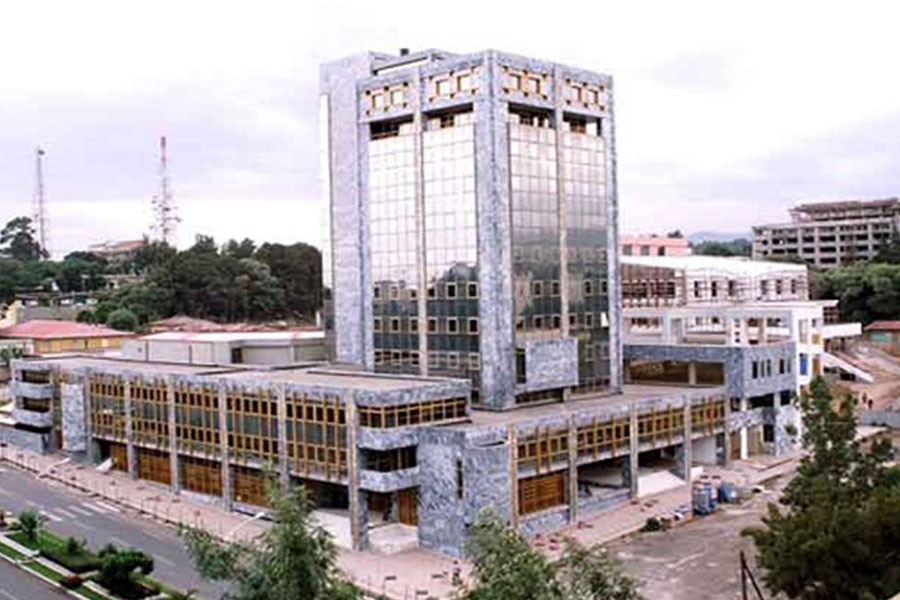
Year In Review | Sep 10,2021

Verbatim | Oct 16,2021

Covid-19 | Apr 10,2020

Fortune News | Jul 11,2021
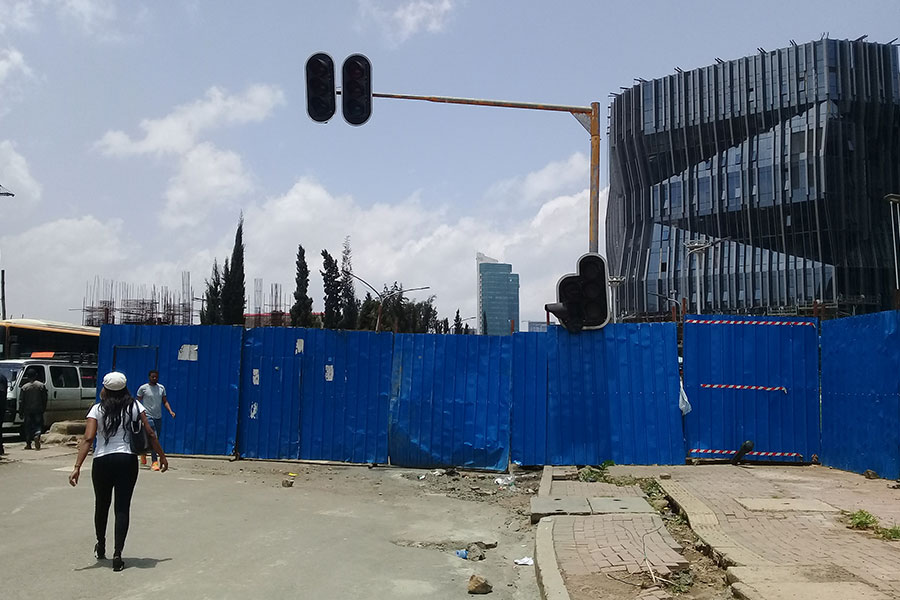
Radar | Aug 21,2021
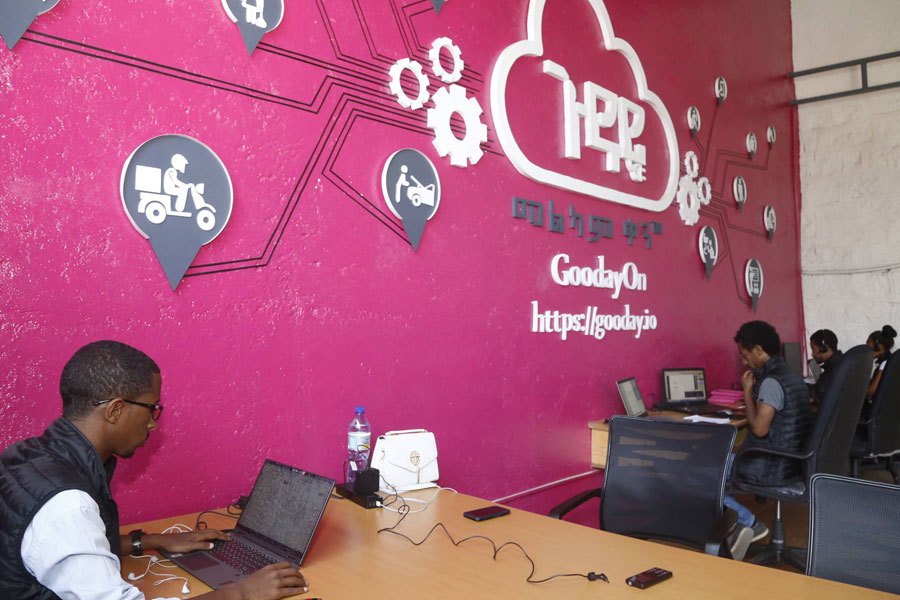
Featured | Oct 23,2021
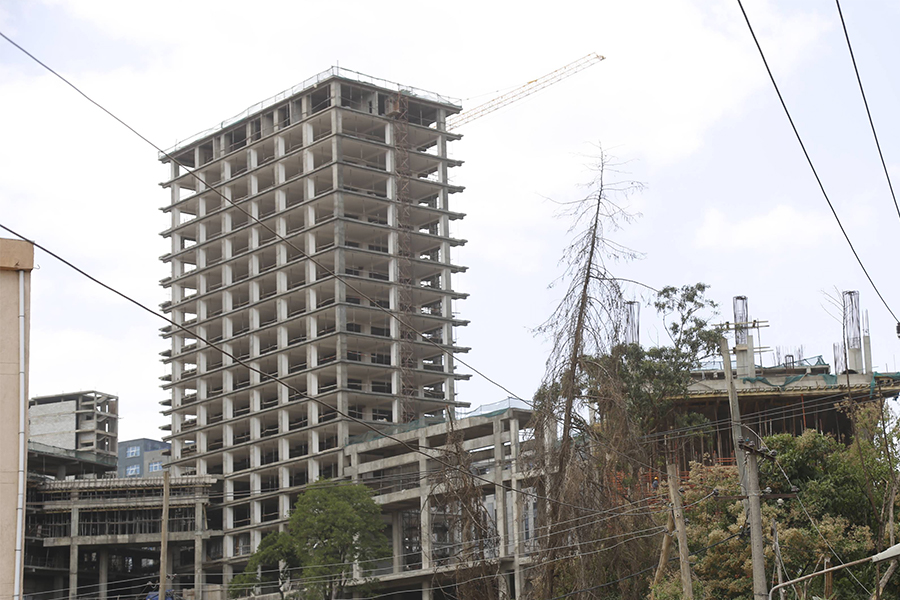
Fortune News | May 23,2021
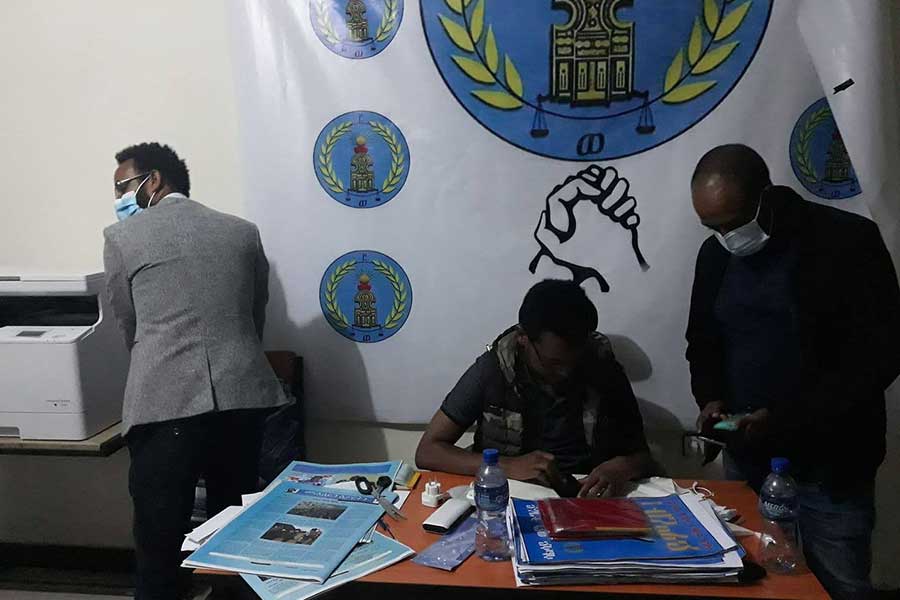
Agenda | Sep 06,2020

Dec 22 , 2024 . By TIZITA SHEWAFERAW
Charged with transforming colossal state-owned enterprises into modern and competitiv...

Aug 18 , 2024 . By AKSAH ITALO
Although predictable Yonas Zerihun's job in the ride-hailing service is not immune to...

Jul 28 , 2024 . By TIZITA SHEWAFERAW
Unhabitual, perhaps too many, Samuel Gebreyohannes, 38, used to occasionally enjoy a couple of beers at breakfast. However, he recently swit...

Jul 13 , 2024 . By AKSAH ITALO
Investors who rely on tractors, trucks, and field vehicles for commuting, transporting commodities, and f...

Oct 4 , 2025
Eyob Tekalegn (PhD) had been in the Governor's chair for only weeks when, on Septembe...

Sep 27 , 2025
Four years into an experiment with “shock therapy” in education, the national moo...

Sep 20 , 2025
Getachew Reda's return to the national stage was always going to stir attention. Once...

Sep 13 , 2025
At its launch in Nairobi two years ago, the Africa Climate Summit was billed as the f...